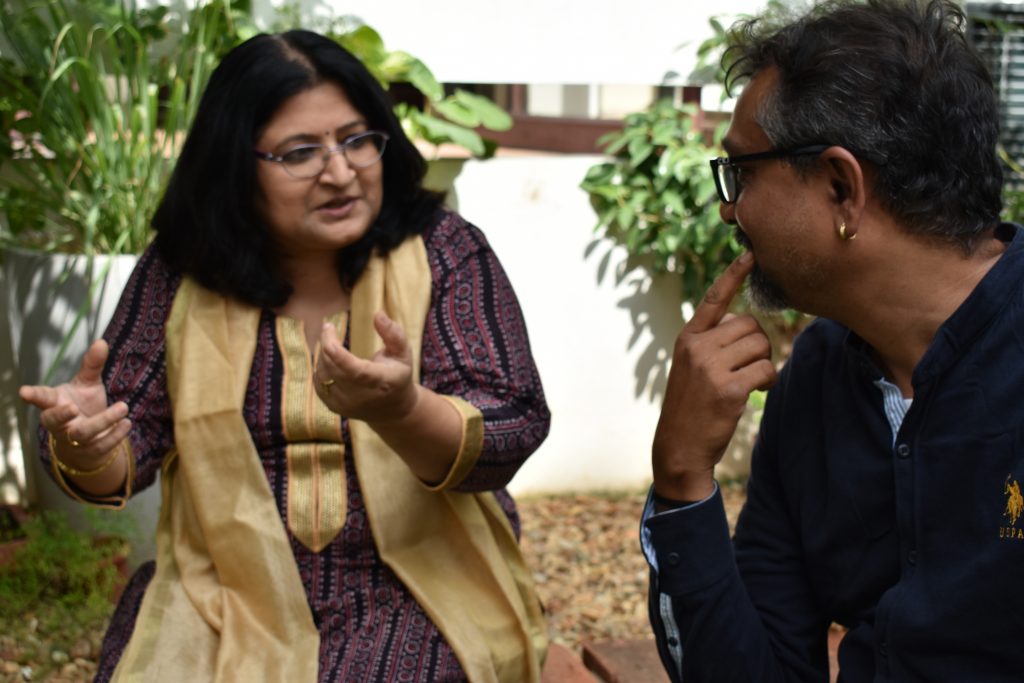Date: October 1, 2019
If we have to be reborn as a society, as a nation, if we have to raise ourselves to work toward the true mission of India, to fulfill India’s true destiny, we must grow in Shakti.
What can help Indians, and especially the youth of India grow in Shakti? What are some of the factors holding us back? What is necessary to infuse our knowledge with courage? What needs to be done to strengthen our society from within?
These are some questions that must be reflected upon in all honesty and sincerity, without the façade of political correctness or ideological prejudice. A clear look at these is important, especially for the times we live in, the times when, according to some voices, a new India is being reborn.
The following conversation with Sandeep Balakrishna explores some of these and other related questions. The conversation is grounded in the present-day socio-cultural-political realities of India, and doesn’t shy away from accepting the contemporary truth ‘as is’. But the purpose is not to stay content with ‘what is’, but rather to figure out ‘what can be’. This is what makes this conversation relevant for a multi-faceted Indian renaissance that we aspire.

READ
PART 1
Beloo Mehra: Thank you, Sandeep ji, for taking the time to speak with us.
Sandeep Balakrishna: Sure! It is my pleasure, and yes, let’s try to have it as a conversation instead of an interview.
BM: Sure! One of your key strengths is your ability to create a link between the deep-rooted cultural ethos of Indian civilisational temperament with the contemporary social-cultural concerns. Can you speak a little about your thought process as to how you do this so effectively? This could be informative for others who are also interested in pursuing this kind of an Indian way of seeking, where we see a continuity or rather a harmony between an intellectual and a more inner quest – or rather one can say where intellectual quest is in the light of the deeper inner seeking of the truth. How can they go about this, first for their own understanding and then perhaps for communicating to others?
SB: Actually, it is not as difficult as it sounds. First thing is to equip oneself solidly. It could be any discipline – science or medicine or whatever, one has to be strong in the fundamentals. Unless your fundamentals are strong, you may, sort of intuitively, know that there is some link but you don’t really know what that is. So, to get there you have to master your fundamentals. You have to completely digest them and then the thing kind of reveals itself.
So, you must invest time and energy, you need to take out the time and make an effort to master these basics and read what I call are the masters. Masters could be anything ranging from the Vedanta, Bhagavad Gita, Ramayana, some of the Puranas and some really good classic writers of literature. It could be Kalidasa, it could be Shakespeare, could be anybody, those who are universally regarded as masters.
To have a solid grasp on the basics, that is number one.
READ MORE.

